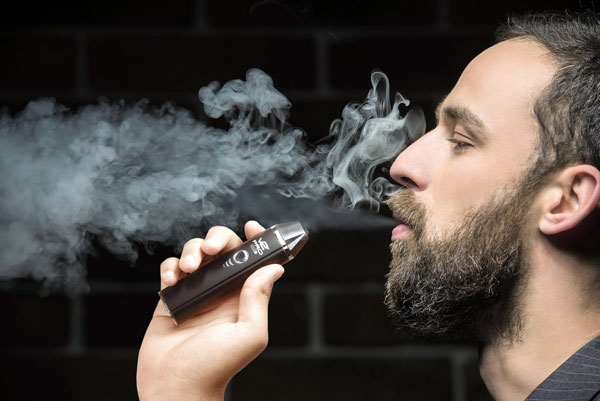A group of academics and tobacco control and public health experts is trying to convince the US Food and Drug Administration to slow down and consider the risks of hasty regulation, according to a piece by Jim McDonald at Vaping360.
The National Tobacco Reform Initiative (NTRI) is said to have sent a letter to Dr. Scott Gottlieb, calling on the FDA commissioner to hold a summit of stakeholders to discuss the FDA’s policy on vapor products and vaping.
In introducing his piece, McDonald said the FDA seemed dead set on restricting the vapor industry very soon. The agency had given JUUL Labs and the four major tobacco companies that also sell vapor products 60 days to submit plans to eliminate sales to teenagers. That 60-day deadline expired soon after next week’s elections.
Meanwhile, McDonald said that NTRI co-ordinator Allan Erickson had written to Gottlieb saying that to address the situation fully would require the involvement and support of not only the FDA, but other stakeholders as well. Erickson, a former American Cancer Society vice president, believes that e-cigarettes can play a part in tobacco control efforts to reduce smoking.
‘We therefore wish to recommend that the FDA/CTP [the FDA’s Center for Tobacco Products] sponsor a national dialogue related to youth use of tobacco and nicotine products as well as the need to provide the 30 million adult smokers in this country with lower risk alternative tobacco and nicotine products, to be held sometime in early 2019,’ he said in his letter.
The NTRI leadership includes David Abrams and Ray Niaura of New York University (both formerly with the Truth Initiative), former American Heart Association vice president Scott Ballin, and former American Cancer Society president John Seffrin. The organization’s advisory group includes Clive Bates and Iowa Attorney General Tom Miller. Miller was one of the state attorneys general who sued the tobacco companies, leading to the 1998 Master Settlement Agreement. He was the chair of the Truth Initiative board last year.
McDonald’s piece says, however, that the NTRI letter may be too late to affect Gottlieb’s thinking.
‘He’s shown no signs of cooling his reckless “epidemic” rhetoric,’ McDonald said. ‘There’s nothing the FDA commissioner needs more now than wisdom from clear-headed and open-minded veterans of the tobacco wars. But he appears less and less likely to listen.’
Attempt to calm moral panic











